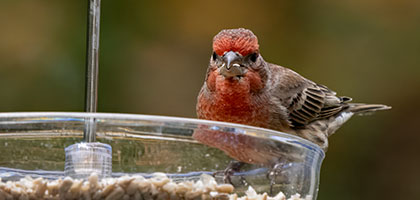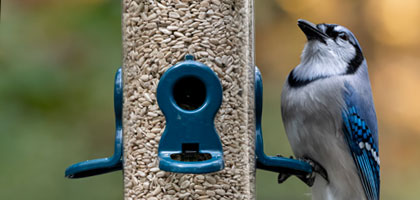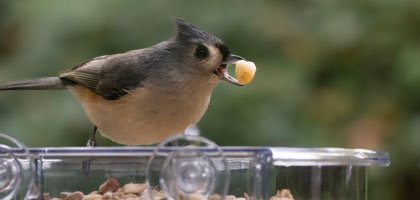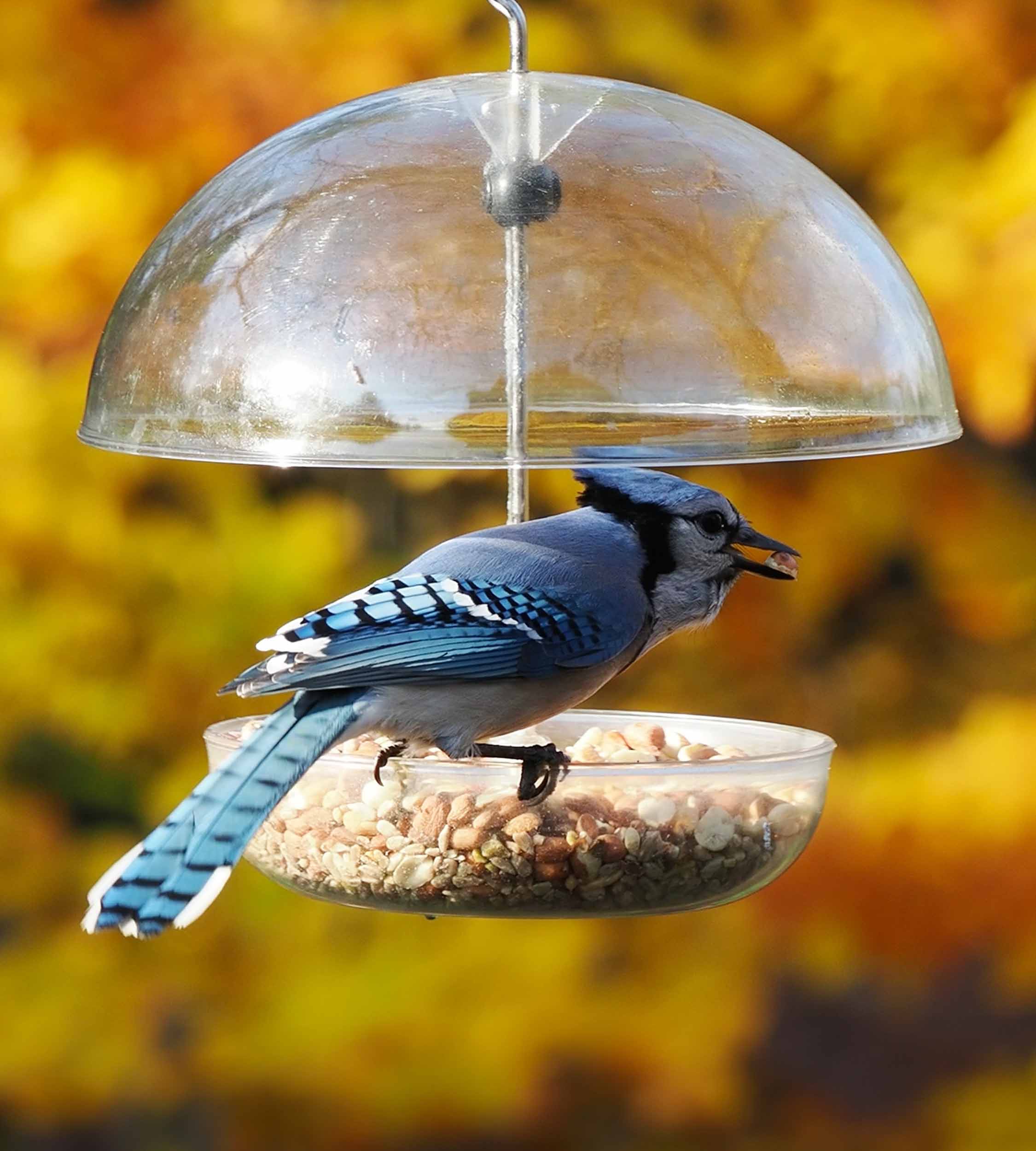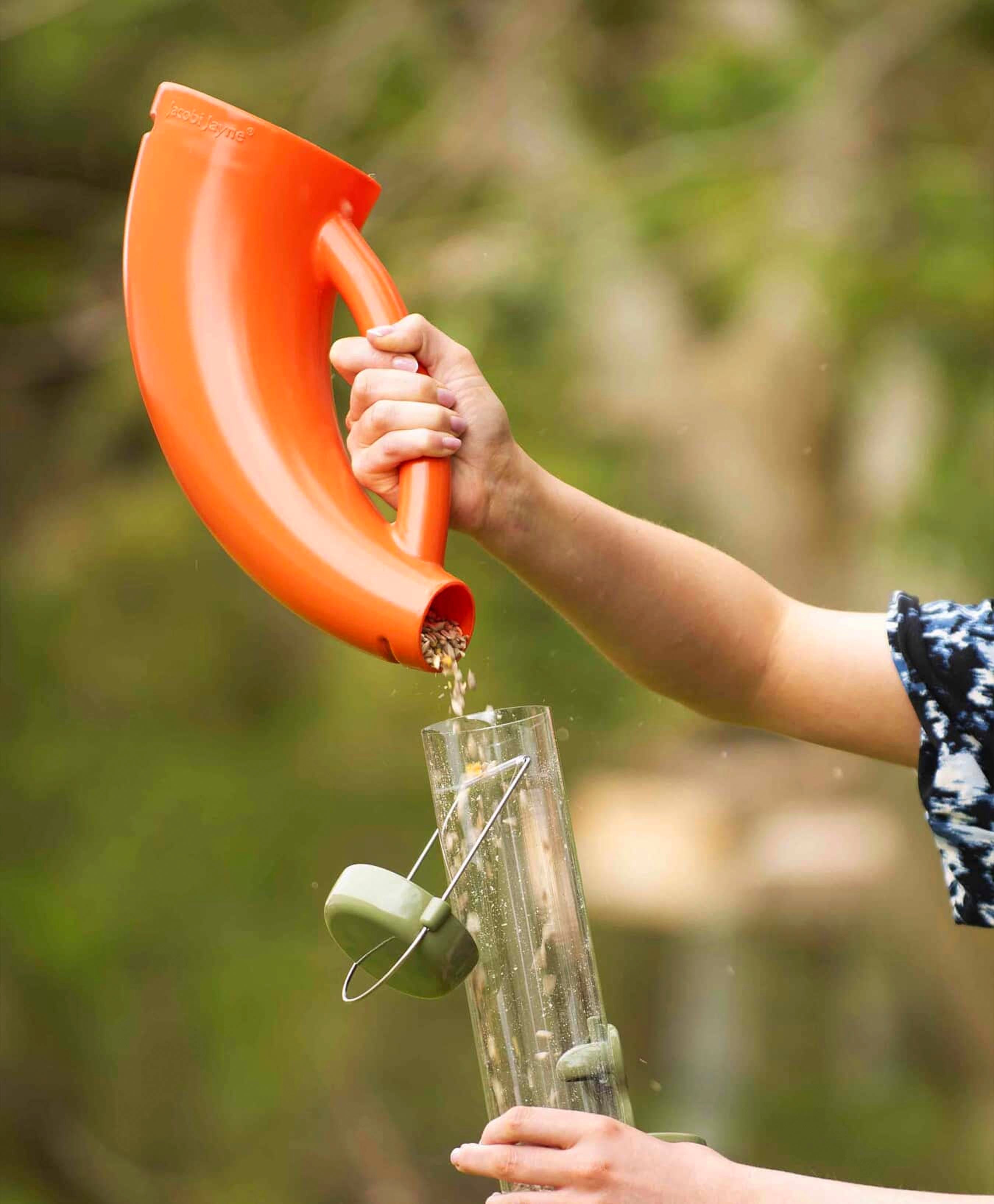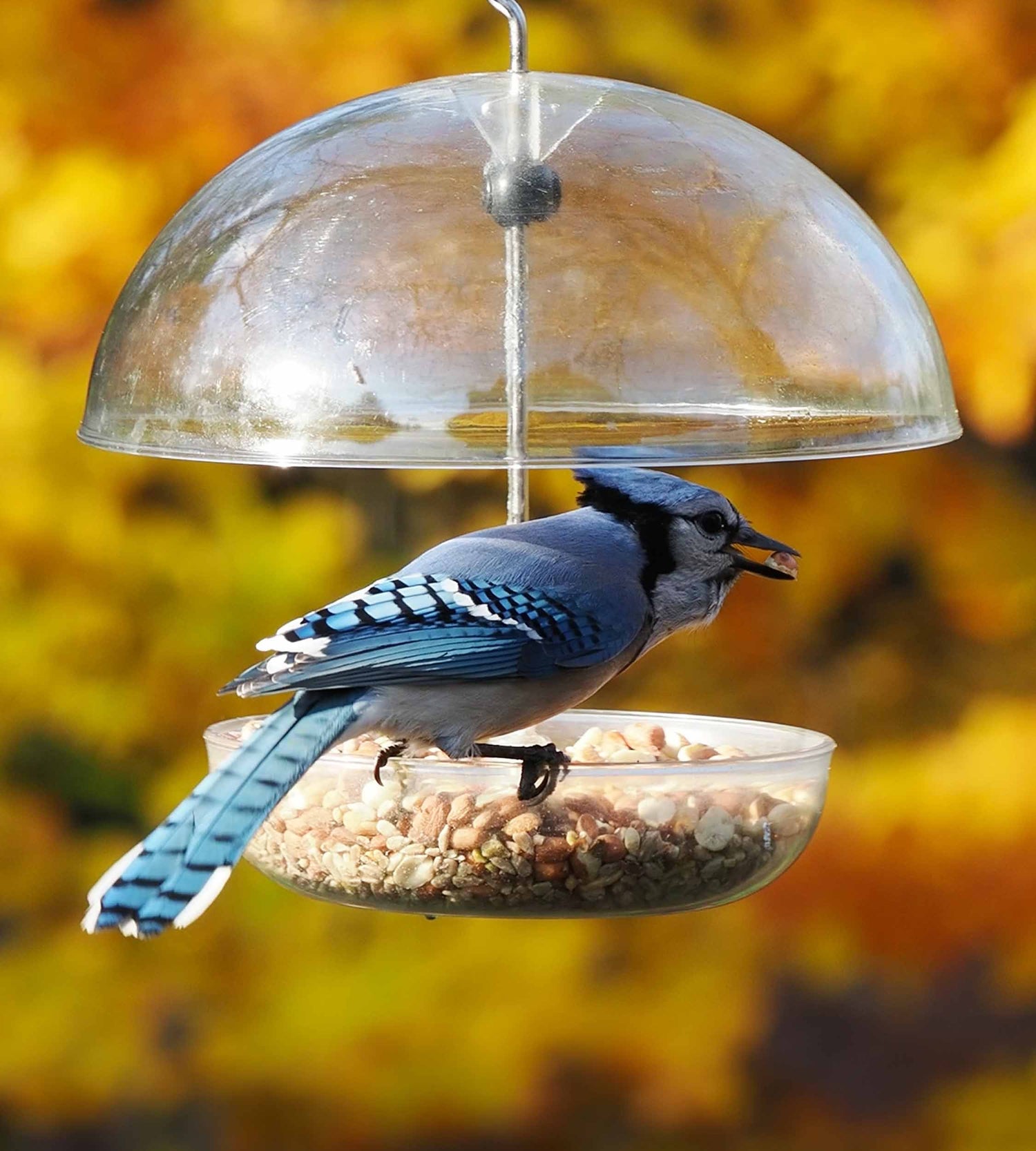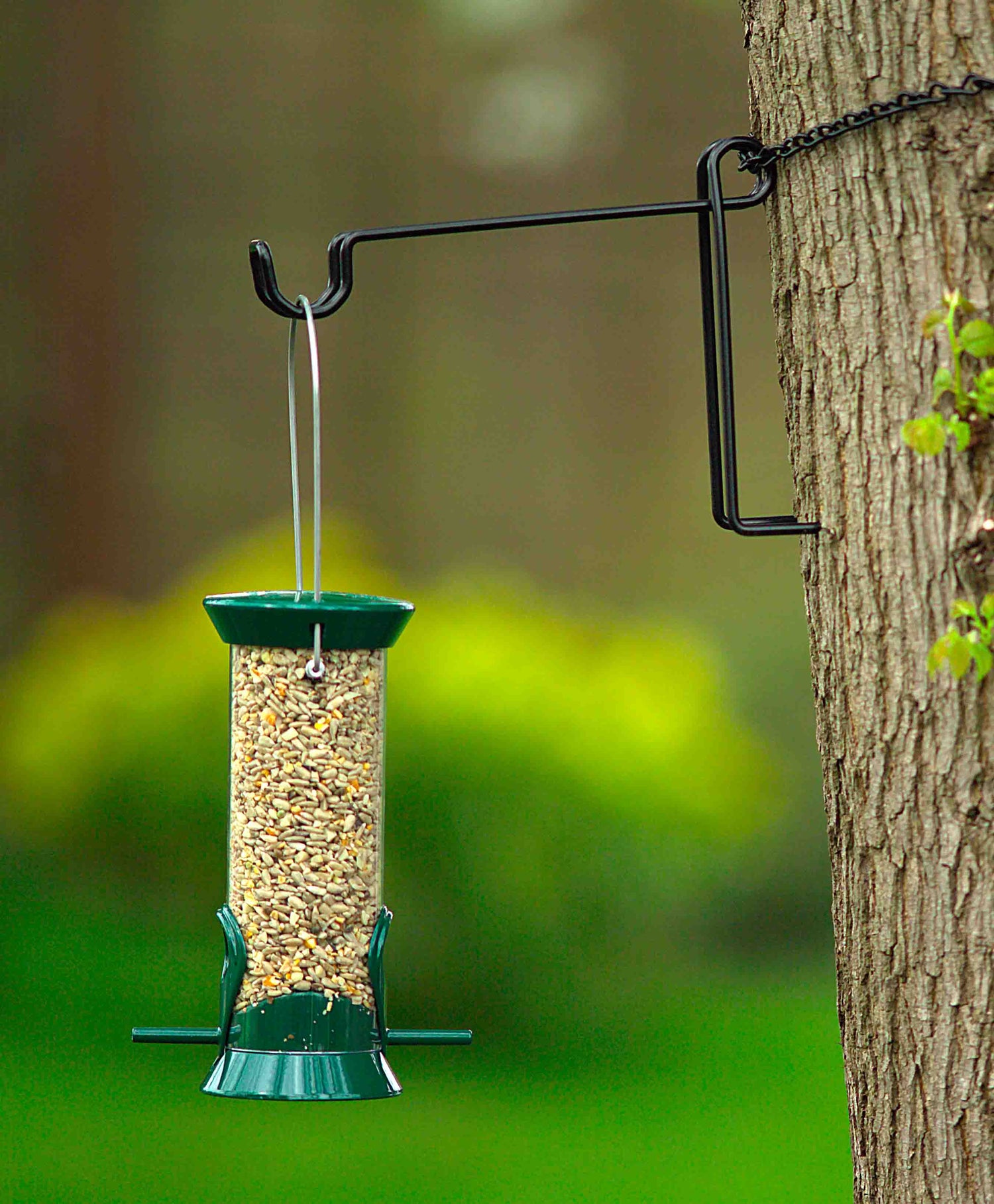Understanding a love bird’s nutritional needs is essential for their well-being. These lively birds need a varied diet to thrive, including seeds, pellets, fruits, vegetables, and proteins.
In the wild, love birds eat a wide range of foods, providing all the nutrients they need. Replicating this balanced approach in captivity helps them stay healthy. A diet lacking essential nutrients can lead to health problems and affect their behavior.
Mimicking their natural diet supports their physical health, vibrant plumage, and cheerful demeanor. A nutritious diet is key to a happy, healthy love bird.
The Basics of a Balanced Love Bird Diet
A balanced love bird diet is essential to support their energy and activity levels. This diet should include various foods to provide all necessary nutrients, with each type offering different health benefits.
A combination of staple foods and occasional treats ensures love birds receive enough vitamins, minerals, and proteins. Key components of a balanced diet include:
• Seeds and pellets
• Fresh fruits
• Vegetables
• Protein sources
Monitoring their intake of these components helps keep love birds healthy. Offering diverse foods also keeps them interested in eating, promoting physical and mental well-being.
Seeds and Pellets: The Foundation of Love Bird Food
Seeds and pellets form the foundation of a love bird’s diet, providing essential carbohydrates, proteins, and fats for energy. High-quality pellets are specially formulated to meet nutritional needs and are easy to digest.
Choose quality seed mixes to ensure love birds get essential nutrients without excess fat. Rotating the seed types can prevent boredom and encourage foraging. A solid base of seeds and pellets keeps love birds active and healthy.
The Importance of Fresh Fruits in Your Love Bird’s Diet
Fresh fruits offer essential vitamins and minerals that support immune health. However, serve fruits in moderation due to their sugar content.
Fruits like apples, berries, and melons are great choices. Always remove seeds and pits, as some can be toxic. A variety of fruits stimulates interest, encouraging love birds to explore new tastes and enhancing their nutrition.
Vegetables: A Source of Essential Nutrients
Vegetables are crucial for providing vitamins and minerals. Leafy greens, spinach, carrots, and peas are good options for daily feeding.
Leafy greens are especially beneficial due to their high vitamin content. Ensure vegetables are fresh and washed to remove pesticides. Including a variety of vegetables maintains vibrant plumage and supports an active lifestyle.
Protein Sources: Mealworms, Cooked Eggs, and More
Protein is essential for muscle health and energy in love birds. Mealworms and cooked eggs are excellent protein sources and can be given as supplements.
Occasionally, small amounts of lean meat or fish provide high-quality proteins, especially useful during breeding or molting. Remember, balance is key—protein-rich foods should be occasional additions to their diet.
Safe Treats and Foods to Avoid
Love birds can enjoy occasional treats in moderation. Treats add excitement to meals and can complement their diet without replacing essential foods.
Suitable treats include small portions of nuts and seeds, which should be unsalted and given sparingly. Small pieces of cooked pasta or rice also work well as treats.
Some foods, however, are toxic to love birds:
• Avocado
• Chocolate
• Caffeine
• Alcohol
• Fruit seeds and pits
Offering safe treats and avoiding dangerous foods helps keep love birds healthy. Being aware of safe feeding practices is essential for responsible bird ownership.
Occasional Treats for Your Feathered Friend
Occasional treats can enrich your love bird’s life. Choose treats they can peck at or shred for added mental stimulation.
Whole grain bread or a small piece of cooked egg makes a delightful treat, as long as it doesn’t exceed 10% of their daily intake. Varied treats help keep your love bird engaged and interested in mealtime.
Foods That Are Toxic to Love Birds
Some foods are toxic and can harm love birds. Knowing which foods are harmful helps prevent accidents.
Common toxic foods include avocado and chocolate, which can cause severe reactions. Fruit seeds and pits also pose danger, as they often contain harmful substances.
Always check the safety of new foods before offering them to your love bird to ensure a safe environment.
Feeding Practices and Tips for Love Bird Owners
Successful bird feeding involves consistency and attention. Provide fresh food and water every day, and clean dishes regularly to avoid bacteria.
Rotate foods to maintain interest and balance their diet. Introduce new foods slowly and watch for any reactions.
Additional tips for feeding:
• Provide fresh produce promptly
• Avoid old or moldy foods
• Offer food in a clean, comfortable area
Thoughtful feeding practices keep love birds healthy and happy, helping build trust and strengthen the bond with your pet.
How to Feed: Bird Feeders and Foraging
Using the right feeder simplifies mealtime. Small feeders work well for seed mixes, while larger ones hold fresh vegetables. Window feeders offer close interaction, enhancing the experience.
Encouraging foraging is beneficial for mental stimulation. Puzzle toys with snacks engage love birds, keeping them active and entertained. Foraging mimics natural behavior, supporting mental and physical health.
Preventing Unwanted Guests: Raccoons and Squirrels
Outdoor feeders can attract unwanted guests like raccoons and squirrels. To protect your love bird’s food, place feeders at least 8 feet from the ground and consider squirrel-proof feeders.
Securing and positioning feeders properly ensures that love birds stay safe and undisturbed. Regular inspection and maintenance help prevent unwanted visitors.
Monitoring Your Love Bird’s Health Through Diet
A love bird’s diet plays a major role in its health. Observing their eating habits can give insights into their needs. Monitor their weight and adjust portions as necessary.
Changes in behavior or appearance may signal dietary issues. Regular enthusiasm at mealtime usually indicates a balanced diet. Regular check-ins with an avian vet ensure your bird maintains optimal health.
Signs of a Healthy Diet in Love Birds
Healthy love birds have vibrant plumage and active behavior. Feathers should be smooth, colorful, and free from patches.
A balanced diet promotes high energy levels and friendly interaction. If you notice lethargy or dull feathers, it may be time to reassess their diet. A nutritious mix of foods keeps love birds thriving, with benefits evident in their daily activities and appearance.
Conclusion: The Joy of Feeding Your Love Bird
Feeding your love bird is a rewarding experience. Watching them enjoy a varied diet and flourish strengthens your bond.
Providing a nutritious diet ensures their health and happiness, enriching both your lives. The care you put into their meals is a vital part of a thriving relationship with these intelligent, playful pets
